A small clinical trial using gold nanoparticles that act as tumor-seeking missiles on a mission to remove prostate cancer has begun at The University of Texas Health Science Center at Houston (UTHealth). It is the first trial of its kind in the world.
The nanoparticles, or nanoshells, are made of small layers of silica glass formed into a sphere and wrapped in a thin layer of gold. The shells seek out and saturate cancerous cells, and their advanced vibrational properties are then harnessed to cause the tumorous tissue to pulse with extreme temperature when light is applied through a laser specifically designed to excite the particles. The oscillation kills the cancer cells while preserving the healthy tissue, avoiding the nerves and urinary sphincter. This procedure is the first in the world that is precise enough to potentially avoid negative ramifications like urinary incontinence or sexual impotency.
“This therapy could be life-changing for men diagnosed with prostate cancer and I’m honored to be among the first doctors the U.S. Food and Drug Administration approved to put it to the test,” said Steven Canfield, M.D., chair of the division of urology at McGovern Medical School at UTHealth, who recognized the possibility of the nanoparticles to treat prostate cancer and helped developed the trial to test the theory.
Prostate cancer begins when cells in a man’s prostate gland mutate and start to grow uncontrollably. Other than skin cancer, prostate is the most common cancer in American men, with an estimated 1 out of 9 men diagnosed. The American Cancer Society estimates 29,430 men died from the disease in 2018 alone.
Treatment options have traditionally included radical prostatectomy, which is the removal of the prostate gland and some of the tissue around it, radiation therapy and cryotherapy, among others. These methods carry the potential to have a negative impact on urinary function and sexual performance.
Image Credit: UT Health
Thanks to Heinz V. Hoenen Follow him on twitter: @HeinzVHoenen
News This Week
Chernobyl scientists discover black fungus feeding on deadly radiation
It looks pretty sinister, but it might actually be incredibly helpful When reactor number four in Chernobyl exploded, it triggered the worst nuclear disaster in history, one which the surrounding area still has not [...]
Long COVID Is Taking A Silent Toll On Mental Health, Here’s What Experts Say
Months after recovering from COVID-19, many people continue to feel unwell. They speak of exhaustion that doesn’t fade, difficulty breathing, or an unsettling mental haze. What’s becoming increasingly clear is that recovery from the [...]
Study Delivers Cancer Drugs Directly to the Tumor Nucleus
A new peptide-based nanotube treatment sneaks chemo into drug-resistant cancer cells, providing a unique workaround to one of oncology’s toughest hurdles. CiQUS researchers have developed a novel molecular strategy that allows a chemotherapy drug to [...]
Scientists Begin $14.2 Million Project To Decode the Body’s “Hidden Sixth Sense”
An NIH-supported initiative seeks to unravel how the nervous system tracks and regulates the body’s internal organs. How does your brain recognize when it’s time to take a breath, when your blood pressure has [...]
Scientists Discover a New Form of Ice That Shouldn’t Exist
Researchers at the European XFEL and DESY are investigating unusual forms of ice that can exist at room temperature when subjected to extreme pressure. Ice comes in many forms, even when made of nothing but water [...]
Nobel-winning, tiny ‘sponge crystals’ with an astonishing amount of inner space
The 2025 Nobel Prize in chemistry was awarded to Richard Robson, Susumu Kitagawa and Omar Yaghi on Oct. 8, 2025, for the development of metal-organic frameworks, or MOFs, which are tunable crystal structures with extremely [...]
Harnessing Green-Synthesized Nanoparticles for Water Purification
A new review reveals how plant- and microbe-derived nanoparticles can power next-gen water disinfection, delivering cleaner, safer water without the environmental cost of traditional treatments. A recent review published in Nanomaterials highlights the potential of green-synthesized nanomaterials (GSNMs) in [...]
Brainstem damage found to be behind long-lasting effects of severe Covid-19
Damage to the brainstem - the brain's 'control center' - is behind long-lasting physical and psychiatric effects of severe Covid-19 infection, a study suggests. Using ultra-high-resolution scanners that can see the living brain in [...]
CT scan changes over one year predict outcomes in fibrotic lung disease
Researchers at National Jewish Health have shown that subtle increases in lung scarring, detected by an artificial intelligence-based tool on CT scans taken one year apart, are associated with disease progression and survival in [...]
AI Spots Hidden Signs of Disease Before Symptoms Appear
Researchers suggest that examining the inner workings of cells more closely could help physicians detect diseases earlier and more accurately match patients with effective therapies. Researchers at McGill University have created an artificial intelligence tool capable of uncovering [...]
Breakthrough Blood Test Detects Head and Neck Cancer up to 10 Years Before Symptoms
Mass General Brigham’s HPV-DeepSeek test enables much earlier cancer detection through a blood sample, creating a new opportunity for screening HPV-related head and neck cancers. Human papillomavirus (HPV) is responsible for about 70% of [...]
Study of 86 chikungunya outbreaks reveals unpredictability in size and severity
The symptoms come on quickly—acute fever, followed by debilitating joint pain that can last for months. Though rarely fatal, the chikungunya virus, a mosquito-borne illness, can be particularly severe for high-risk individuals, including newborns and older [...]
Tiny Fat Messengers May Link Obesity to Alzheimer’s Plaque Buildup
Summary: A groundbreaking study reveals how obesity may drive Alzheimer’s disease through tiny messengers called extracellular vesicles released from fat tissue. These vesicles carry lipids that alter how quickly amyloid-β plaques form, a hallmark of [...]
Ozone exposure weakens lung function and reshapes the oral microbiome
Scientists reveal that short-term ozone inhalation doesn’t just harm the lungs; it reshapes the microbes in your mouth, with men facing the greatest risks. Ozone is a toxic environmental pollutant with wide-ranging effects on [...]
New study reveals molecular basis of Long COVID brain fog
Even though many years have passed since the start of the COVID-19 pandemic, the effects of infection with SARS-CoV-2 are not completely understood. This is especially true for Long COVID, a chronic condition that [...]
Scientists make huge Parkinson’s breakthrough as they discover ‘protein trigger’
Scientists have, for the first time, directly visualised the protein clusters in the brain believed to trigger Parkinson's disease, bringing them one step closer to potential treatments. Parkinson's is a progressive incurable neurological disorder [...]
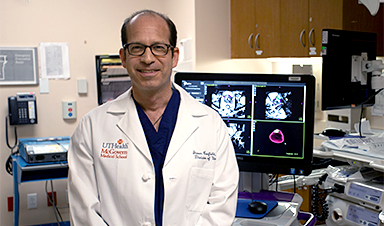


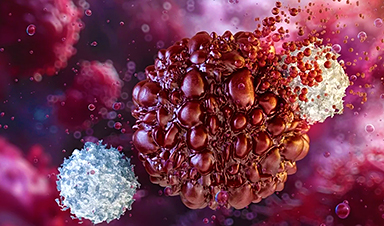


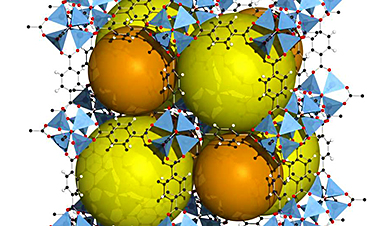



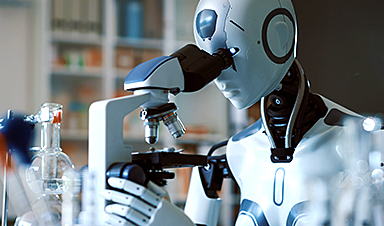
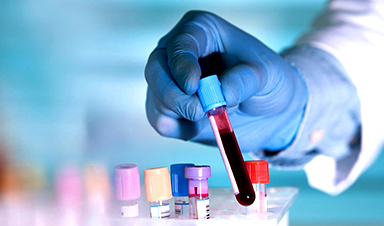
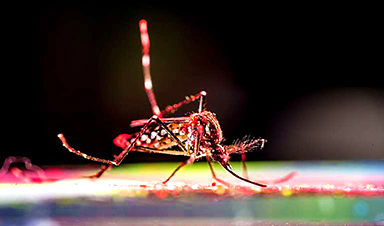
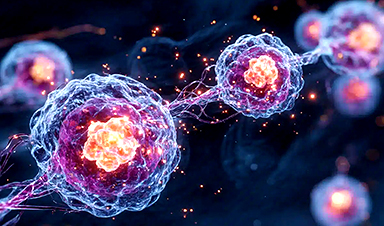


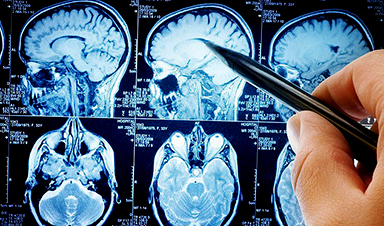


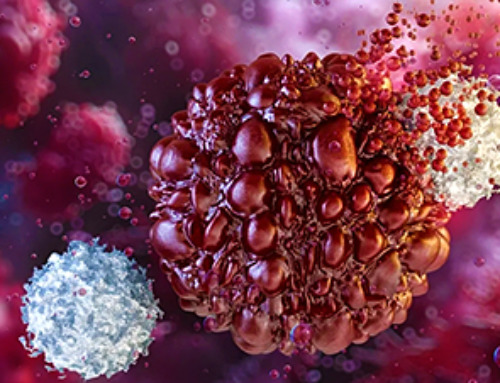


Leave A Comment